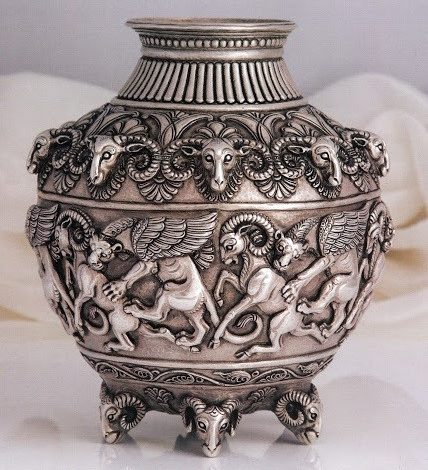Sudan Register Metal Engravings on UNESCO Heritage

Sudan Events
Sudan’s Federal Ministry Culture and Information , in cooperation with 10 other Arab countries, succeeded on Tuesday in registering “Arts, skills and practices associated with engraving on metals (gold, silver and copper)” on the Representative List of the Intangible Cultural Heritage of Humanity in UNESCO.
This came during the meeting of the organization’s Intergovernmental Committee, at its 18th session, currently being held in Botswana.
The two cultural elements that were registered in the name of Sudan are the metal engraving element as a joint file submitted in solidarity with other countries, and the wedding and celebrations of the Prophet’s birthday as a separate file specific to Sudan.
This achievement is the result of a joint file between eleven Arab countries – Egypt, Saudi Arabia, Algeria, Morocco, Iraq, Palestine, Sudan, Saudi Arabia, Tunisia, Yemen, and Mauritania.”
These countries worked together over a period of two years, in coordination with the Arab Educational, Cultural and Scientific Organization (ALECSO), to prepare the nomination topic, during which consideration was taken to highlight the cultural diversity of the intangible cultural heritage in our Arab region, which generations have been keen to pass on, and preserved over thousands of years.
Sudan congratulated all Sudanese on registering the elements of intangible cultural heritage on the UNESCO Representative List.
The Intangible Cultural Heritage Committee marks the 20th anniversary of the UNESCO Convention, which has considerably strengthened the world’s legal arsenal for the protection of culture.
The core functions of the Intergovernmental Committee for the Safeguarding of the Intangible Cultural Heritage are to promote the objectives of the Convention, provide guidance on best practices and make recommendations on measures for the safeguarding of the intangible cultural Heritage.
The Intangible Cultural Heritage Convention deals with practices, representations, expressions, knowledge, skills that communities recognize as their cultural heritage; communities and bearers are key actors for safeguarding and transmission; experts are associated.



